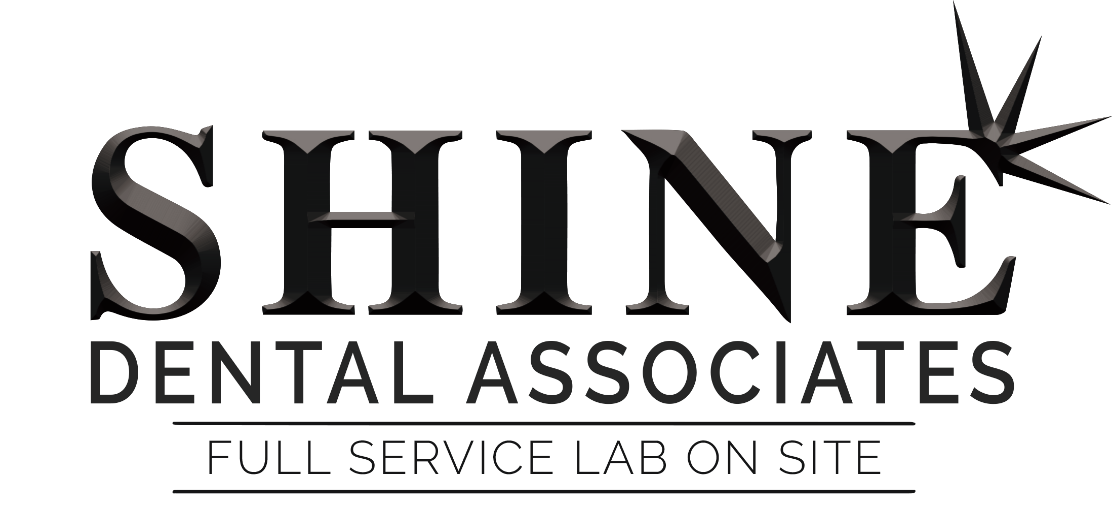At Shine Dental Associates in Syosset, NY, many patients ask about the option of permanent implant loading in 24 hours. This technique, where a final restoration is placed on an implant within a day of surgery, offers both benefits and risks. In this article, we’ll review the pros and cons to help you decide whether it’s a suitable option for your situation.
What Is 24-Hour Permanent Implant Loading?
“Permanent implant loading in 24 hours” refers to placing a definitive restoration (crown, bridge, or prosthesis) on an implant within 24 hours of insertion, rather than waiting months for osseointegration. This is an advanced approach requiring high primary stability and precise planning. It differs from standard **delayed loading** methods, where a healing period is given before placing the final prosthesis. Studies show that varying combinations of placement and loading protocols, when followed correctly, across longer follow-ups yield similar survival rates.
Advantages of 24-Hour Permanent Implant Loading
When conditions are ideal, this rapid approach can bring substantial benefits:
Immediate Function and Aesthetics
Patients leave with a final-looking tooth (or prosthesis) on the same day, restoring smile confidence and avoiding gaps.
Fewer Appointments & Faster Timeline
By consolidating surgery and final restoration, the treatment process is shorter, with fewer surgical or prosthetic steps.
Better Preservation of Tissue Contours
Immediate loading helps preserve soft-tissue architecture and alveolar bone by maintaining stimulation in the extraction site.
Disadvantages and Risks of 24-Hour Permanent Implant Loading
This method is not without its challenges and limitations. It requires meticulous technique, planning, and patient cooperation.
Higher Risk of Micromovement and Integration Failure
Because the implant is immediately subject to functional load, even small movements can impede osseointegration and lead to failure.
Strict Patient Selection Criteria
Not every patient is a candidate. Adequate bone quality, volume, absence of active periodontal disease, and controlled systemic health are critical.
Temporary Prosthesis and Load Management
The restoration placed immediately is often provisional and must avoid direct occlusal load until full integration. This limits what the patient can chew initially.
When Is 24-Hour Loading Appropriate?
To consider permanent implant loading in 24 hours, the following conditions should ideally be met:
- Excellent primary stability immediately after placement
- Sufficient bone density and volume in the implant site
- No acute infection or uncontrolled periodontal disease
- Patient compliance with soft diet and oral hygiene protocols
- Good systemic health (non-smoker, no uncontrolled chronic diseases)
How We Use 24-Hour Loading at Shine Dental Associates
At our practice in Syosset, NY, we carefully evaluate every case. In favorable situations, we may offer this protocol for select patients. We always ensure full diagnostics (including 3D imaging and surgical guides) and plan both the surgical and prosthetic phases right from the start. Internal links like our dental implants page provide more detail about the systems we use and alternative protocols.
Conclusion & Next Steps
Permanent implant loading in 24 hours can be an amazing option when executed under ideal conditions—but it’s not risk-free. The benefits of immediate aesthetics and fewer visits must be balanced with careful planning and patient selection. If you’re curious whether you might qualify, we’d be happy to evaluate your situation.
Call us today at 516-348-8500 or request your appointment online to see if 24-hour implant loading is right for you.
Frequently Asked Questions
Does immediate loading reduce long-term success?
Not necessarily. Research indicates that when done properly, the success rates of various loading protocols over 3+ years are comparable.
What limitations will I have after surgery?
You’ll usually be instructed to stick to a soft-food diet, avoid direct biting forces on the implant, and maintain strict hygiene practices.
*Always consult with your Dentist: You should always seek the advice of your dentist to make sure which options are best for you. Dental conditions vary widely among individuals. Not all dental problems are visible or easily detectable. Professional cleanings are essential, regardless of how diligent your oral hygiene routine is. Regular dental check-ups allow for the early detection of potential issues. Dentists are trained to provide expert advice on oral hygiene and other factors that impact your dental health. Online information may need more depth and accuracy to address your specific needs.

